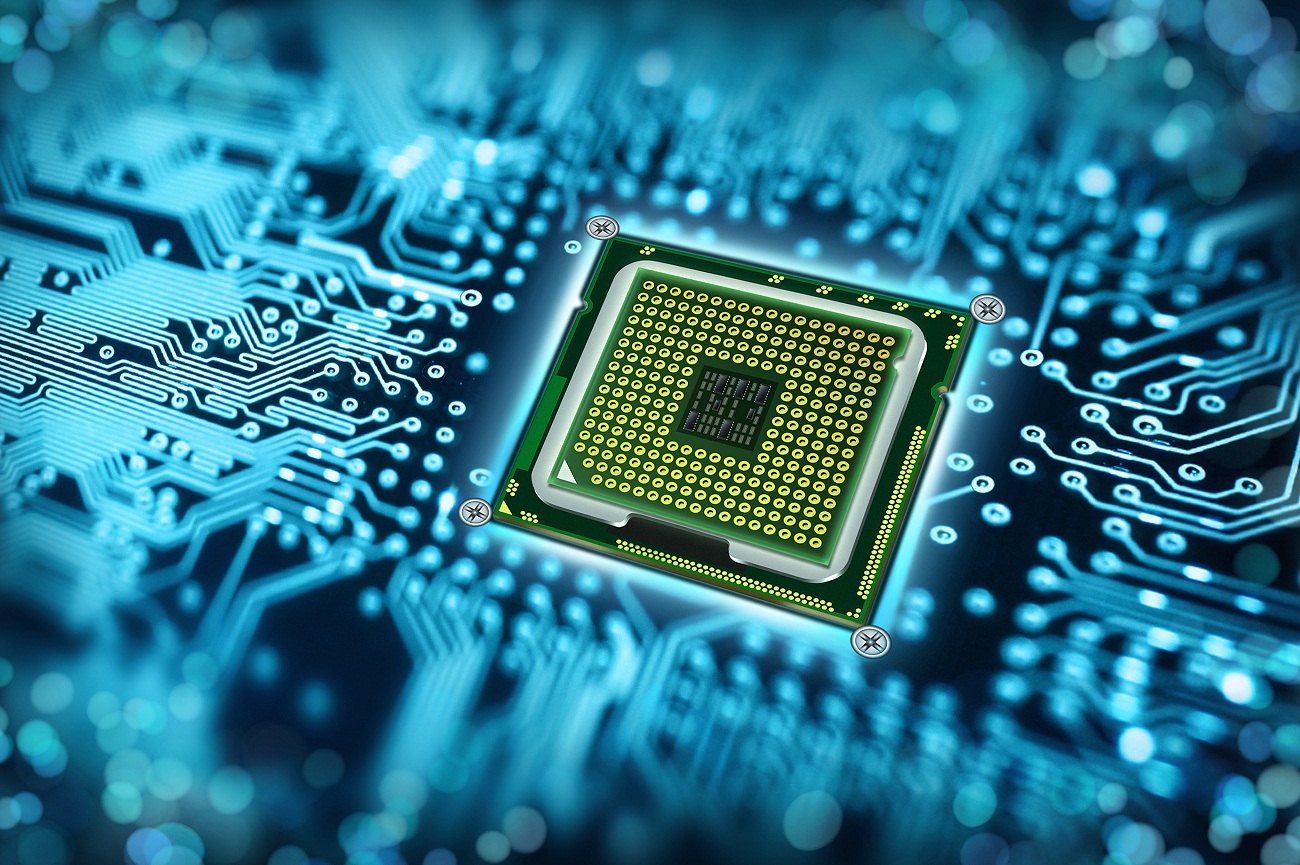

Scientists in the United States have created a heating system prototype that was formed from the chemical ingredients found in coal, which experts say has all the the naturally occurring properties needed to make a host of high tech items including solar panels and other electronics.
Coal of course is still widely used in many countries as the primary means of generating electricity. But burning this fossil fuel is heavily polluting and its use is being reduced in many developed countries as part of a drive to cut emissions.
The UK last week for example reached achieved a historic milestone when for the first time, the sun provided more UK electricity from photovoltaic panels than coal-fired plants over a full 24-hour period. And now scientists in the United States have suggested that rather than burning it, we could be using coal to make electronic items.
Professor Grossman worked with doctoral student Brent Keller, and research scientist Nicola Ferralis to create a simple electrical heating device that could be used for defrosting car windows or airplane wings, or as part of a biomedical implant.
Their project was recorded in the journal NanoLetters, and detailed the chemical, electrical, and optical properties of thin films of four different kinds of coal: anthracite, lignite, and two bituminous types.
“When you look at coal as a material, and not just as something to burn, the chemistry is extremely rich,” Professor Grossman was quoted as saying.
He wanted to explore whether scientists could utilise the rich chemistry in material such as coal to make devices that have useful functionality. Professor Grossman discovered that naturally occurring coal varieties have a range of electrical conductivities that spans seven orders of magnitude (ten million times).
And this is without having to refine or purify the material, which is needed to do when creating electronics out of silicon for example.
The challenge for Professor Grossman was how to process coal. Doctoral student Keller figured out a process where he would crush the material to a powder, place it in a solution, and then deposit it in thin uniform films on a substrate (commonly used in most other electrical devices).
“The material has never been approached this way before,” Keller was quoted as saying.
The research team also point out that they have only used four varieties so far, but that hundreds that exist, “all with likely significant differences.”
The scientists point out that coal and other fossil fuels have long been used as the basis for the chemical industry, including plastics and solvents. But when they adjusted the temperature at which coal is processed, they “could tune many of the material’s optical and electrical properties to exactly the desired values.”
The thinking is that coal is beneficial as it is a low cost material that requires a “simple processing solution” that would allow for “low fabrication costs”.
Researchers said that much of the expense associated with traditional chip-grade silicon or graphene, for example, is in the purification of the materials. “Silica, the raw material for silicon chips, is cheap and abundant, but the highly refined form needed for electronics (typically 99.999 percent pure or more) is not.”
The MIT scientists say powered coal would be beneficial thanks to the “tunability of its properties, its high conductivity, and its robustness and thermal stability.”
Read more about the quest for renewable cloud here!
Deliveries of Telsa's 'bulletproof' Cybertruck are reportedly on hold, amid user complaints side trims are…
New feature reportedly being developed by Apple for iOS 19, that will allow AirPods to…
Binance BNB token rises after WSJ report the Trump family is in talks to secure…
After failed Amazon deal, iRobot warns there is “substantial doubt about the Company's ability to…
Community Notes testing across Facebook, Instagram and Threads to begin next week in US, using…